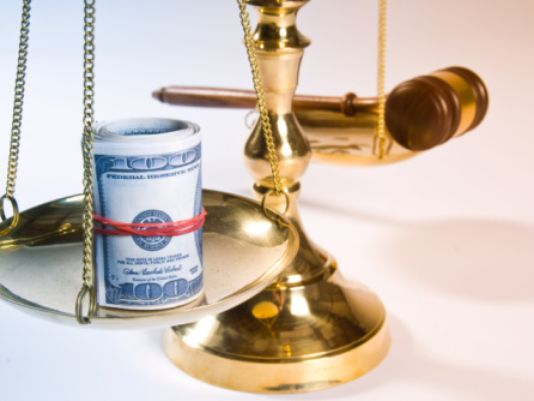Mayor Bill de Blasio this week introduced the Bail Lab, the City’s next step in reforming the New York City’s bail system as part of the administration’s Justice Reboot initiative. The Bail Lab, alongside the courts, will test alternatives to money bail and payment strategies, while collecting more data on defendants’ risks.
Annually, 47,000 people are detained on bail in New York City. The goal of the Bail Lab is reduce this number for low-risk defendants. This is a step towards the administration’s ultimate goal of eliminating bail for these defendants entirely.

“Whether or not someone is in a cell on Rikers Island cannot simply be determined by how much money they have in the bank – and the research and tests we will conduct through the Bail Lab will help us build a fairer and safer criminal justice system,” said de Blasio.
Through the Mayor’s Office of Criminal Justice (OCJ), the Bail Lab will test alternatives to money bail, conducting a series of experiments to determine other potentially effective methods. The Bronx bail fund has a 96 percent success rate of individuals returning to court despite not having paid money bail.
Alongside the courts, the OCJ will research what stands in the way of judges using alternative bail forms and train judges on alternatives to money bail.

“I applaud the City’s sustained commitment to reforming our outdated bail system. We must continue investing in initiatives to rehabilitate low-risk and first-time offenders, such as alternatives to incarceration and re-entry programs,” said Public Advocate Letitia James.
With support from the Center for Court Innovation, the City will attempt to make the bail process faster and easier by eliminating potential barriers to paying bail, such as misplacing a family member’s phone number or being unable to pay with a credit card. Around 17,000 people a year are able to pay bail after being booked into Rikers Island jails. 77 percent of these individuals can pay within a week.
“Bail reform is an important part of the equation in fixing our criminal justice system,” said Northern Brooklyn State Senator Daniel Squadron. “There’s a lot of work to be done around bail, speedy trials, and overall reform.”
Data about the outcomes of judges’ bail decisions will be gathered and shared with judges to help them make informed decisions. Local and national experts will be consulted about improvements to the Criminal Justice Administration’s current risk assessment tool, a tool used to predict whether or not a defendant will return to court.
An interactive website invites will “crowdsource” the problems with the bail system, inviting New Yorkers to sound off on the issue and pitch possible solutions. The OCJ will review the suggestions.
In an effort to protect public safety while reducing dependence on money bail, the City gave its support to Council Speaker Melissa Mark-Viverito’s idea for a citywide bail fund and is working alongside the Council to set up eligibility criteria for the program.
“New York is poised to enact historic reforms that will result in a pretrial justice system that is not only transparent but also safe, effective and fair for victims, the community and the accused,” said Tim Murray, Director Emeritus of the Pretrial Justice Institute
New York is currently one of only four states that prohibit judges from considering the risk to public safety when deciding on bail. The City is pushing for a change to this law that may allow high-risk defendants to return to their neighborhoods to await trial.
Low-risk defendants may also be negatively impacted by the current law. A new program is being introduced that will allow 3,000 low-risk defendants to wait for trial in their communities while under supervision. New York City has the highest percentage of defendants – 68 percent – who await trial at home, without supervision or money bail.
“Being poor shouldn’t mean being locked up while awaiting trial. I applaud Mayor de Blasio’s proposals to reform our City’s bail system and ensure that low-risk individuals are not unfairly penalized for their inability to pay bail,” said Park Slope City Council Member Brad Lander.






